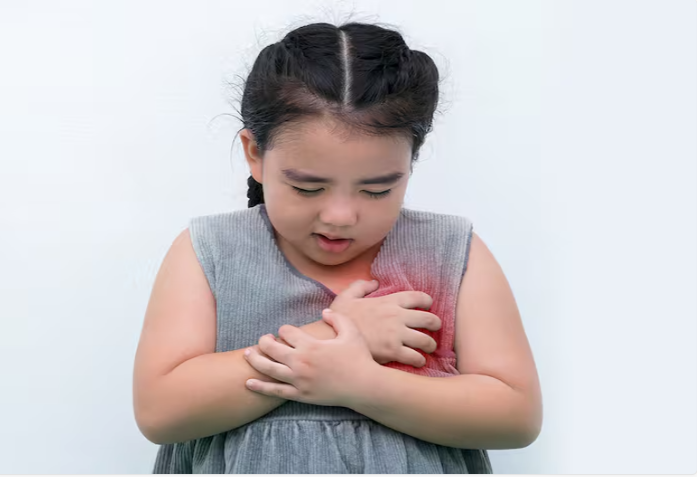The main reasons behind heart attacks, together with critical heart conditions in children, differ from those found in adults. These include:
Congenital (from birth) heart defects: Structural problems in the heart or blood vessels that affect normal blood flow.
Kawasaki disease: An illness that causes blood vessel inflammation, and can damage the arteries of the heart.
The health of the heart muscle is affected by viral infections that lead to myocarditis resulting in muscle weakness and swelling.
The heart’s electrical system shows abnormal rhythms in some children from birth, occasionally resulting in fatal cardiac arrest.
Abnormal heart rhythms: Some children are born with electrical problems in the heart, that can trigger dangerous rhythms and, rarely, cardiac arrest.
Rare, genetic or acquired conditions: Blood clotting disorders, trauma (such as a sudden blow to the chest), and rare diseases can also be culprits.















